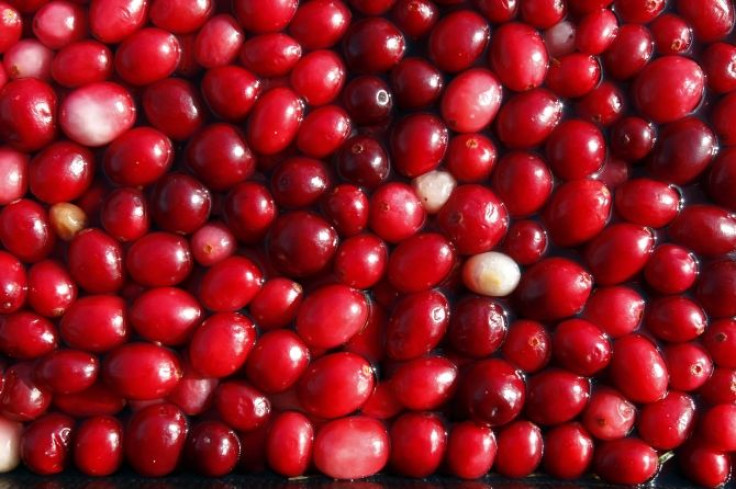Cranberries Really Do Help Against Urinary Tract Infections

Finally, a folk remedy that works: cranberries really do help prevent urinary tract infections.
Cranberries have commonly been recommended to combat urinary tract infections but scientists have provided conflicting reports on its efficacy. Last year, a study emerged that said that cranberries held only half the effectiveness that antibiotics had and that cranberries could make it more likely that the person would have a UTI.
Doctors have historically suggested it to suffering patients because antibiotic medications can cause the body to become immune to them and weaken the body’s defenses for a possibly recurring infection. However, a new study published today in the Archives of Internal Medicine has revealed that cranberries are as effective as people say they are for treating UTIs.
Researchers led by Dr. Chih-Hung Wang at the department of emergency medicine of the National Taiwan University Hospital examined 13 trials with 1,616 participants, conducted the study on this subject. They found that people who ate more cranberry products tended to have a 38% less likely chance to develop UTIs.
When they broke the study down into subgroups, some groups fared even better. Women with recurring UTIs had a 53 percent drop, women overall had a 49 percent decrease and children with a 67 percent drop.
Researchers noted that previous studies may have suffered with methodology problems. For example, many included participants who received their cranberry intake through juice. Juice can have added sugar, which can promote bacterial growth.
UTIs are one of the most common bacterial infections, and are said to affect about 8 million people annually. About 40 to 50 percent of women will have a UTI in their lifetimes and about 20 to 30 percent of women will have a recurring infection.
According to the article’s abstract, “In 1984, cranberry was found to interfere with the attachment of bacteria to uroepithelial cells, thereby potentially preventing infection. In 1989, A-type proanthocyanidins (PACs) were identified as compounds with the potential to inhibit the adherence of P-fimbriated Escherichia coli to the urogenital mucosa, and there are hundreds of other compounds found in cranberries that have yet to be explored for their potential antiadherence activity.”



























